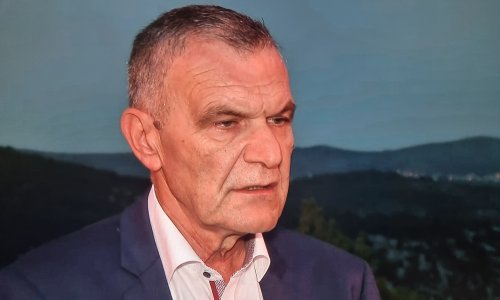A population and housing census will be held in Croatia from 1 to 28 April 2011, and will cost HRK 174.9 million, the Central Bureau of Statistics reported recently.
The Bureau of Statistics, which organises this activity, will release preliminary 2011 census data on 30 June.
This year's collection of statistical information about the Croatian population will cost by 33 million more than 2001 census.
Under the last census, there were 4,437,460 people in Croatia, or less by 2.9 percent than in 1991.
This year, census forms will include a total of 45 questions. Apart from questions about gender, place and date of birth, ethnicity, religion, education, income and housing conditions, there will be also new questions such as to fill in the number of the identity card or Personal Identification Number and queries about computer literacy and the type of marital status (marriage, same-sex marriage common-law marriage).
This census will be conducted by some 13,000 enumerators, which is by 7,000 less than in 2001. Census takers will be monitored by 2,000 controllers, and instructed by 180 instructors.
Those who refuse to answer census questions or give false data face fines ranging between HRK 300 to 800.
Central Bureau of Statistics reiterates that the collected information will be secret and will be used only for statistical purposes.
Of those 4,437,460 people in the 2001 census, men accounted for 2,135,900 and women for 2,301,560.
Under the 2001 census, Croatia did not have any city the population of which exceeds one million.
The capital of Zagreb had 770,058 residents, and the second largest city was Split with 187,599 residents. Rijeka (143,817) and Osijek (114,031) ranked third and fourth.
According to the final results of the 2001 census, Croats made up 89.6 percent of the total population (a 14.8-percent rise from 1991), while the share of ethnic minorities shrank from 14.91 percent to 7.5 percent.
Broken down by ethnicity, the Serb ethnic minority's share in the Croatian population fell from 12.2 percent in 1991 to 4.5 percent in 2001.
The share of the Roma community climbed by 52.4 percent to 0.2 percent in the total population in Croatia. Also, the ethnic Albanian community showed the trend of its increase in the Croatian population.
Broken down by religion, as many as 87.8 percent of people in Croatia declared themselves to be Catholics in 2001 (a 14.6 percent rise from 1991).
































